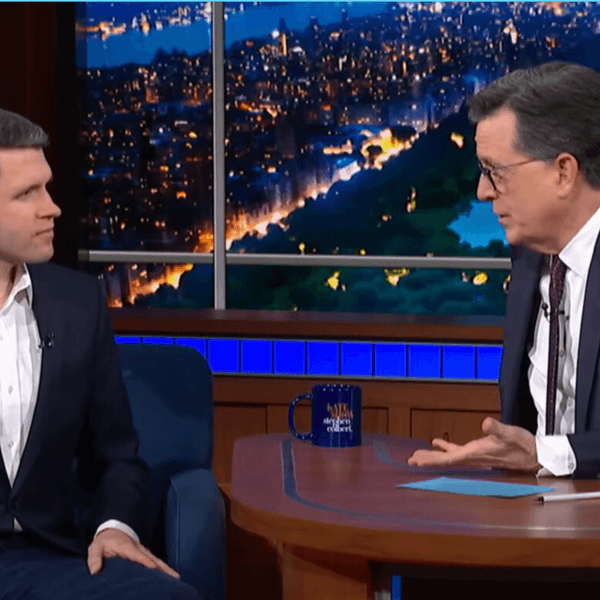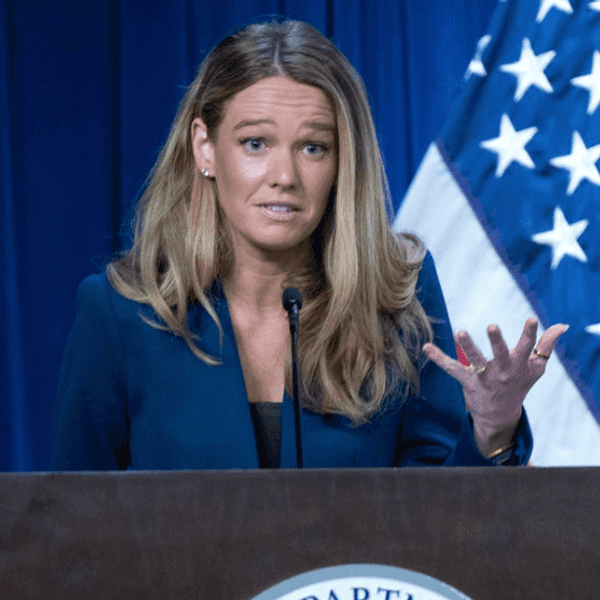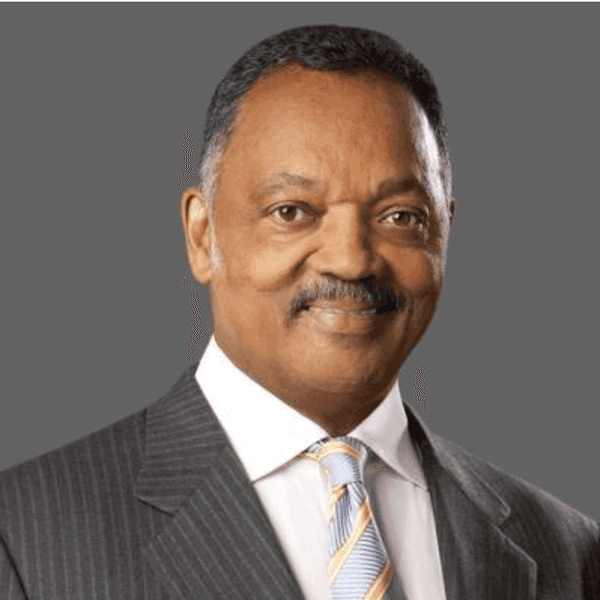
OPINION — Of course, Michael Bloomberg went there — there being a black church to ask for forgiveness. As he tentatively dips his toe and his billions into the Democratic presidential race, joining a scrum that expands even as it shrinks, Bloomberg, perhaps realizing that the path to the presidency must include the enthusiastic support of black and brown voters, has rethought his enthusiastic support of “stop and frisk.”
“I got something important really wrong,” he told the congregation at the Christian Cultural Center in Brooklyn on Sunday. “I didn’t understand back then the full impact that stops were having on the black and Latino communities.”
As New York City mayor, Bloomberg insisted that in order to fight crime, police must have the power to stop anyone judged a potential lawbreaker, which translated to ritualizing a practice that humiliated hundreds of thousands of black and brown New Yorkers who were detained, questioned and patted down because of “furtive movements” or some other vague justification. The number of stops rose to more than 685,000 in 2011, with no citations made or charges brought nearly 90 percent of the time.
The law-and-order president of the Police Benevolent Association, Patrick Lynch, issued an I-told-you-so statement after Bloomberg’s about-face: “We said in the early 2000s that the quota-driven emphasis on street stops was polluting the relationship between cops and our communities.”
After community members and civil liberties activists howled and sued, and a judge deemed stop-and-frisk unconstitutional, and after crime continued to drop when the practice ceased and police had to solve crimes by doing actual police work, Bloomberg continued to defend it, as recently as this year.
Not a coincidence
While I won’t be the one to question the sincerity of Bloomberg’s Saul on the road to Damascus conversion, the timing is suspicious.
If Bloomberg’s apology seems familiar, it’s because he’s not the only Democratic candidate with regrets. Others are using the same playbook as they recognize the party’s loyal base. (Remember, Mitt Romneywon about 59 percent of the white vote in 2012, but it was Barack Obama who reupped as president.)
While former Vice President Joe Biden has defended what he has characterized as some good outcomes of a 1994 crime bill that he helped shape, he has also accepted responsibility for his role in legislation that toughened sentencing and helped lead to a mass incarceration crisis that disproportionately affected African Americans and Hispanics.
When questioned about her criminal justice record as former California attorney general, Sen. Kamala Harris said: “Was I able to get enough done? Absolutely not.” But she has said that her proposed policy to reform the criminal justice system has been hailed by activists as a “bold and comprehensive plan.”
Yes, plans, what all the candidates are offering now, including South Bend’s Pete Buttigieg, topping polls in Iowa and New Hampshire but well aware that his presidential hopes could tumble when primaries and caucuses move to more diverse states. His Douglass plan, “a comprehensive investment in Black America,” offers reform in education, health care and, yes, criminal justice. But he, too, has racked up a few apologies, including for a statement listing the names of supporters of the plan, mistakenly presented, some on the list feel, as an endorsement of the candidate himself. It followed him owning his part in a sometimes rocky relationship between a less than diverse police department and South Bend citizens during his time as mayor.
It’s not that criminal justice and policing are the only issues of importance to African American voters, who are not monolithic and are still weighing their electoral options. But disparate treatment from surveillance, arrest and punishment traumatizes the lives of people of color in ways that many white Americans will seldom experience.
Unequal system
America’s history in building inequity into its criminal justice system becomes clear to anyone who has read The New Jim Crow: Mass Incarceration in the Age of Colorblindness, or heard its author, Michelle Alexander, as I did this week in her Charlotte, North Carolina, speech, sponsored by the Learning Society of Queens University of Charlotte. That this unequal system continued to expand while the country was awash in post-Obama post-racialism illustrates the contradiction between what the country is and what it imagines itself to be, she said.
A drug war focused almost entirely on black and brown citizens, she said, rounded up young people through stop-and-frisk, “swept into prisons and jails for the exact same crimes going unpunished on the other side of town.” After imprisonment, they were released into second-class citizenship, Alexander said, where their records often prevented them from getting jobs, voting or being eligible for public housing or benefits. When the opioid crisis hit, she pointed out, affecting more diverse communities, it was deemed a “public health crisis,” not an occasion for a war.
Alexander posed a question, asking if the country is “willing to challenge the soft bigotry that’s silent and unspoken, that allows us to care more for our kids than ‘them?’”
Whether for the country’s sake or to bolster their own chances for election — am I being too cynical? — candidates are examining their own records and making promises. Expect a plan from Bloomberg soon.
Even President Donald Trump is appearing at historically black colleges and universities to tout his support of last year’s criminal justice reform bill, though one wonders if that’s less an appeal to black voters than a sign to white suburbanites to forgive and forget his many racist statements about crime, immigrants and minorities.
Minority voters have settled on imperfect candidates because they’ve often had little choice. This election season, if polls are to be believed, many are undecided, asking questions, studying policy and being utterly strategic about who will win and who might deliver on the promise of justice. This is a year when black citizens, minding their own business in their own homes, have been killed by police officers sworn to protect and serve. So to that traditional pragmatism, add a little anger into the mix for 2020.
When candidates such as New Jersey Sen. Cory Booker, former HUD Secretary Julián Castro and others challenge the front-runners on their criminal justice records, voters with clout are listening. So pundits would do well not to use low poll numbers to count them or any hopeful out just yet.
While testimony in a church might wash away past sins, will it convince a voter to cast a ballot?
Mary C. Curtis has worked at The New York Times, The Baltimore Sun, The Charlotte Observer, as national correspondent for Politics Daily, and is a senior facilitator with The OpEd Project. Follow her on Twitter @mcurtisnc3.








